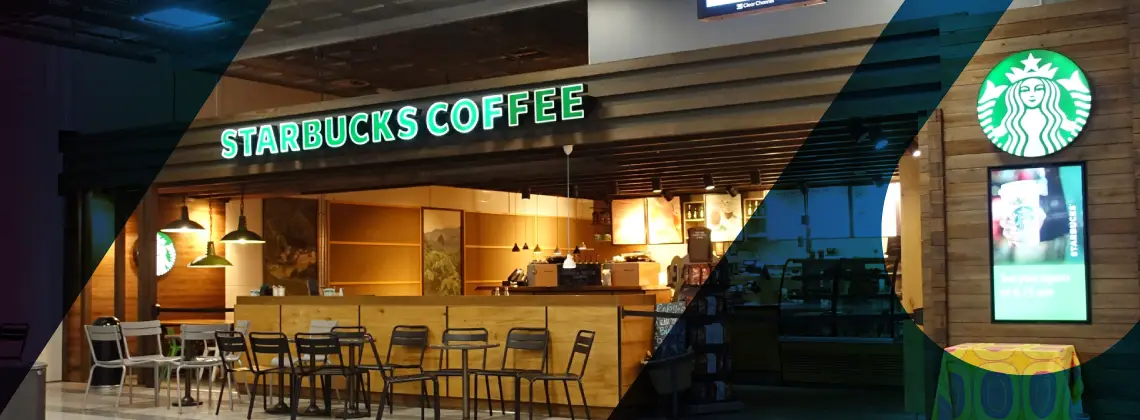News analysis
Starbucks bows to activist pressure

Starbucks—the global coffee house chain with a worldwide reputation—has had a tough few years regarding its corporate governance. Its reputation has suffered, and key stakeholders have doubted the integrity of its business model since the pandemic.
Now, the company has ordered a rejig at its highest levels, with the ousting of chief executive Laxman Narasimhan, who was in the role for just over a year.
Although Narasimhan will leave his role immediately, his replacement, Brian Niccol of Tex-Mex fast food chain Chipotle, will not take up the reins until early September 2024.
The move is in response to sustained pressure from an activist investor, a phenomenon that carries much more weight and impact in modern governance.
What is an activist investor, and why has Starbucks bowed to the pressure?
An activist investor is any person or entity who:
- Has serious problems with elements of a particular company’s leadership or strategy and
- Has amassed enough of a stake in that company for the opinion to have an impact.
In Starbucks’ case, the activist investor is Florida-based Elliott Management. Eliott has had help from former Starbucks long-time leader Howard Schultz, who has not held back in criticising the company’s current direction since he left the CEO role.
Starbucks has been locked in discussion with Elliott for months over changes at the top level of the organisation. The firm wanted representation on the Starbucks board, a common demand among activists with enough power.
The Starbucks board has itself undergone a number of high-profile changes in recent months as the company tries to reverse a string of poor financial performances.
How bad are we talking?
It’s more than bad enough to worry critical stakeholders. From a governance perspective, this is all a company needs before serious questions arise about leadership.
Starbucks’ share price had enjoyed a somewhat sluggish recovery since post-pandemic troughs, but after Narasimhan came aboard, they entered a steady decline again.
The company has struggled to balance its prices to match consumer sentiment over inflation. It also struggles to take hold in key markets like China as competitors make their impact known.
Does a company need to bow to activist pressure like Starbucks has done?
Not at all. Activist investors have always been an issue for big corporation boards, and just because they’re getting more powerful in today’s business world doesn’t mean a company has to listen.
It depends on the company, its problems, and the activist’s influence over other shareholders. In some cases, the company simply won’t listen to activists. Others may institute some—but not all—of the desired changes and say they’re for a different reason to not give activists too much credit.
The bottom line is that since activists often call for a shakeup at the executive and board levels, the current executive and directors are usually at odds with them. There’s tension, which can’t be settled quickly without significant changes or extensive talks to bring activists onside.
Will the change of CEO work?
Time will tell, but the stock markets and business media are reacting very positively to the news because they see Brian Niccol as a “Mr Fix-It” who was able to boost Chipotle’s share price during his time at the helm.
Indeed, Starbucks’ share price jumped a massive 19% after the news that he would be taking over. So, from the outside, the signs point to the rejig being a good governance decision. And if Mr Niccol can do for Starbucks’ what he did for Chipotle, then that good decision goes even further.
However, there is always the caveat that Starbucks’ problems go deeper than one leader. The true test will be how it adapts strategically now that it knows its business model no longer achieves past successes.
How will the company approach pricing? How will it handle competitors or the reputational risk that it continues to face due to geopolitical tensions in the Middle East? All of these questions will need to be answered with careful strategic oversight. So, the working relationship between Niccol and the Starbucks board will be tested quickly.
Insights on leadership
Want more insights like this? Sign up for our newsletter and receive weekly insights into the vibrant worlds of corporate governance and business leadership. Stay relevant. Keep informed.

